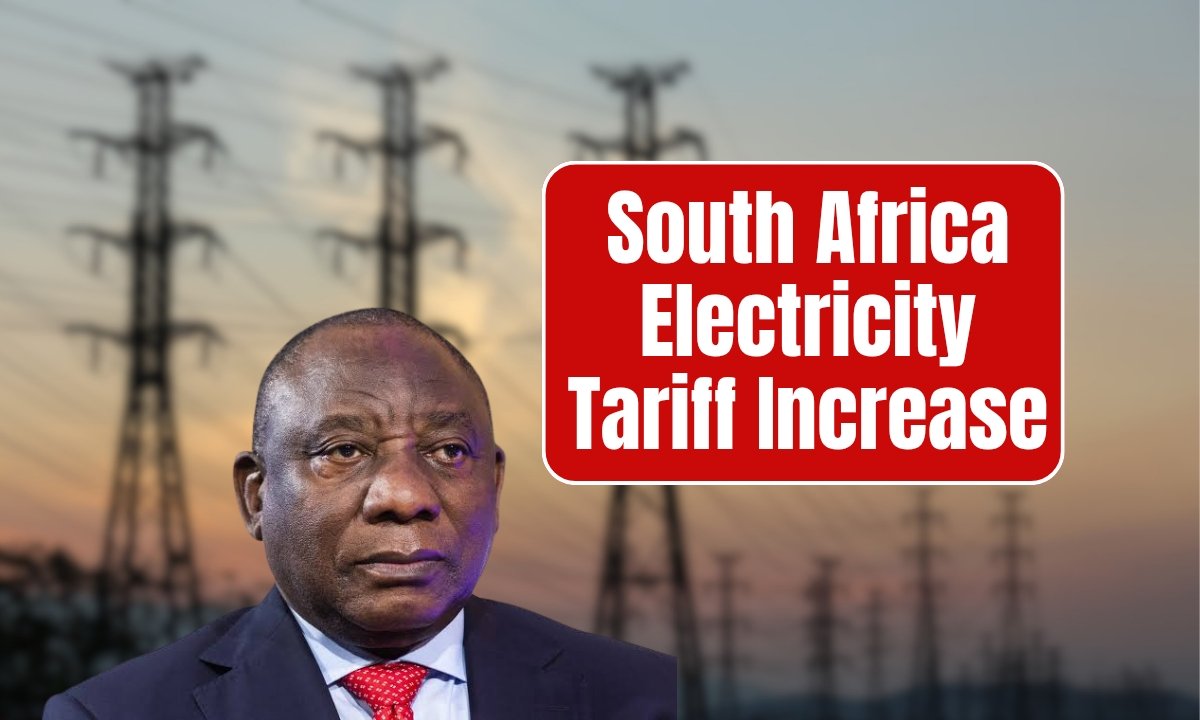From the 15th of August 2025, millions of South Africans will hope for the power tariff to rise. This increase was authorized by NERSA, the National Energy Regulator of South Africa, from these tariffs going to institutions to ordinary homes, and some provinces bear the brunt more. Below is an exhaustive list of what the price increase means and how exactly it will affect you.
The Reason for the Increase
The hikes are among the several attempts to ease Eskom’s financial management burden of operational costs, infrastructural upgrades, and debt servicing. As generation capacity fails to keep up with the demand, both parties-i.e., Eskom and local municipalities-hold the view that the extra charges are required for grid maintenance on a day-to-day basis and the provision of supply of electricity.
NERSA indicated that the rise in tariff will be an average of about 12.74% nationwide; actual rates will differ according to municipalities and provinces.)
How Much Will You Pay? Rates According to Province
An overview of the approximate average new electricity tariff increases per province is as follows:
- Gauteng: Consumers in this highly populated region will go through one of the highest hikes of tariff to 13.2% for urban infrastructure costs.[16]
- Western Cape: Estimates of an 11.9% increase exist, with an extra municipal charge to be levied on Cape Town residents.
- KwaZulu-Natal: Tariffs are to go up by 12.5% in respect of urban and rural consumers alike.
- Eastern Cape: The increase will be between 11.5 and 12.3 percent, depending on your service provider.
- Free State & Northern Cape: These are to undergo a less substantial increase of about 10.8%, with rural areas possibly suffering longer delays in billing adjustment.
- Regarding Limpopo and Mpumalanga, the increase is expected at 11.7%, with additional charges to be levied on prepaid meters in some districts.
- North West: Marginally above average, this province faces increases of around 12.9%, in view of greater grid maintenance requirements.
Impact on Consumers
Due to the price increase, households will now be paying higher rates for units of electricity consumed. They hence will experience a decrease in the number of units of electricity they receive for a certain sum of money. Apart from households, small businesses must also experience pressure from increasing operational expenses.
Also Read: South Africa Retirement Age Hike: GEPF Announces New 67-Year Limit for Public Workers
